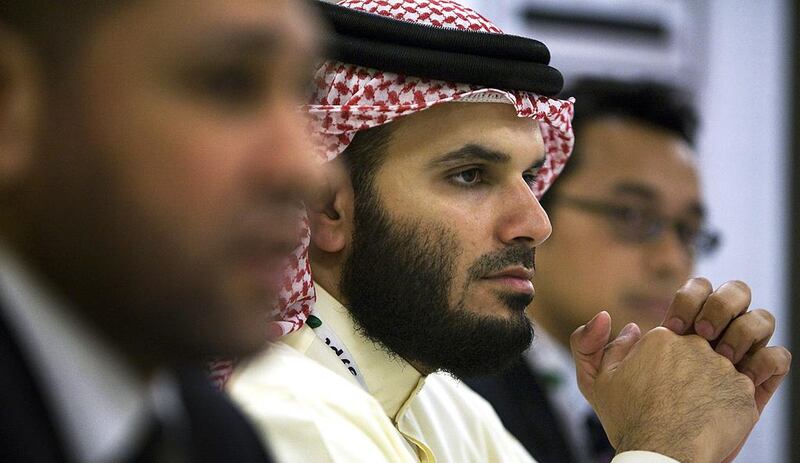Al Islami Foods, the Dubai-based halal food producer, is planning a major expansion drive in Russia and the Caucasus region in a bid to tap their Muslim populations, estimated at 284 million.
The company is set to open two offices in Russia and Azerbaijan by the beginning of Ramadan next year.
“Our objective, at first, is to gain 1 per cent market share,” said Aziz Iraqi, the commercial director at Al Islami Foods. “But that would mean supplying nearly three million people, which is more than we do in the UAE now, so it will be a huge undertaking. The market is presently under-served and we believe there is a massive opportunity to deliver quality product to a demanding public.”
Dubai is investing heavily in developing its Islamic economy as it bids to become the leading global centre for Sharia-compliant deal- making.
Al Islami Foods’ Eastern European operation will be run from its head office in Dubai. The company will appoint local distribution and logistics companies that know the market and the region. While its investment primarily will be relatively small, its sales estimates are bullish.
“We expect to make between Dh100 million to Dh200m in sales in the first two years,” said Mr Iraqi. “We have a new factory being built in Dubai Investment Park that will be ready by the end of 2014. The new facility will triple the production we can do now, so we will be able to provide between 1,000 and 1,500 tonnes of processed food every month. Our production strategy is geared so that we will be ready for the increased demand from the new offices and new customers.
“Very soon you will be able to buy our burgers in Moscow and our nuggets in Tbilisi.”
At the Global Islamic Economy Summit, held in Dubai last month, a report from Thomson-Reuters said global Muslim consumer expenditure last year on food and lifestyle sectors was estimated at US$1.62 trillion, about 16.6 per cent of global expenditure. That figure was expected to reach $2.47tn by 2018.
“It is difficult to know how popular our products will be, but demand will not be hindered because of food security,” said Mr Iraqi.
“We have taken all the measures to ensure certification compliance in Europe. Even though we have every certificate required in Dubai,” he said. “We know that the halal food industry is not really trusted and we want to be seen as above board, trusted, reliable and certified at the highest level.
“We will be offering the same products as we sell in Dubai at first, but we know we will need to alter the taste of some of our products so that the different cultures and different countries can enjoy them.”
Saleh Abdullah Lootah, the managing director of Al Islami, has set the bar high for the company. “We want to be number one. We want to be the Nestlé of the halal food business,” he said last month.
ascott@thenational.ae






